Lived experiences of surveillance at the margins during COVID-19 in India
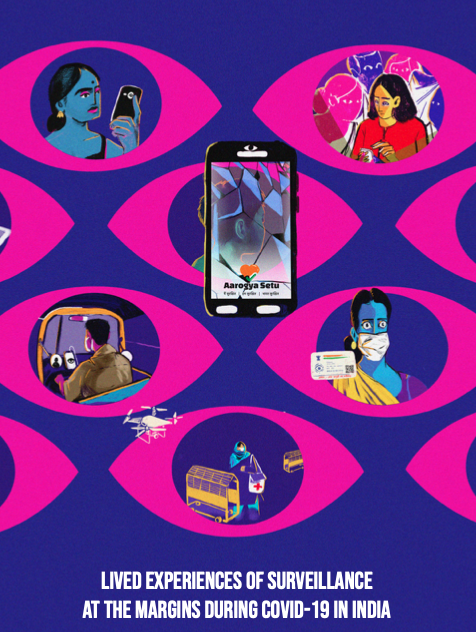
The COVID-19 pandemic has given rise to technological solutionism in India. From the usage of drones to watch over a particular area, to the mandatory use of Aarogya Setu for tracking who might be infected, from hyperdigitalisation affecting the accessibility of financial information and services in rural areas, to the digital literacy gap making ASHA worker’s jobs even more difficult - technological solutions to curb the pandemic affect and control people from various marginalised communities differently, and have resulted in stigmatisation and discrimination, in fear and lack of trust. But can these measures help in containing the pandemic effectively? Do they take into account the gender gap in technology? Do they address broader issues relating to bodily integrity, dignity and the right to privacy? What could imbibe trust and the value of care into the government systems that are supposed to provide essential services to people? Are these measures the way forward?
Our work finds that people from marginalised communities such as Women, Dalits, Muslims, trans sex workers, migrant labourers, and others face a disproportionate impact of surveillance. This Zine is an account of the experiences of people from such communities. It narrates how technological surveillance restricts the mobility and agency of people from these communities. It is an attempt to amplify these voices from the grassroots to make targeted demands from the State and to aid the State in making evidence-based policies to improve the conditions of the affected people.
The Zine draws upon qualitative research carried out for the paper, ‘“I took Allah’s name and stepped out”: Bodies, Data and Embodied Experiences of Surveillance and Control during COVID-19 in India’, by Radhika Radhakrishnan. This research is part of the Internet Democracy Project’s work for the Data Governance Network.
Page 2 Bishakha Datta
Point Of View
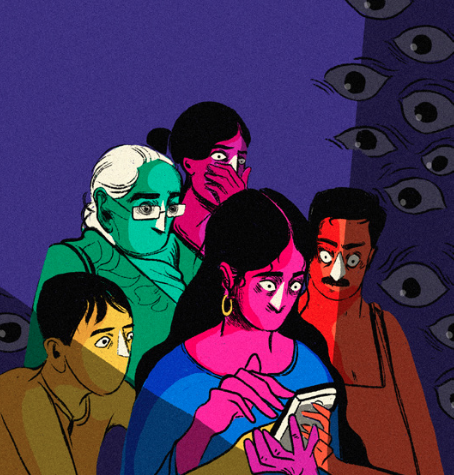
“In poorer families, there is always a shared family phone and often it is an old type of feature phone. Women who are facing domestic violence are finding it really hard to use those phones in any way to get any sort of help, even if they knew who to go to, simply because there is no privacy…”
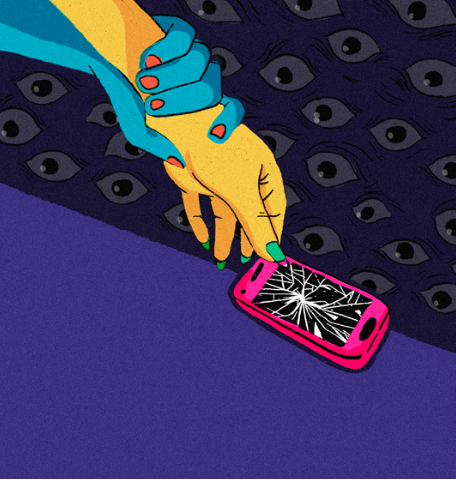
“Women are also feeling a little nervous, even when they have the information to use helpline numbers etc., because of course, the minute you use that number, it’s recorded on your phone; if that is not your own phone, then it gets recorded on a shared phone, which means the next user or whoever essentially has access to that number and can just call it back. People are scared of leaving a trace.”
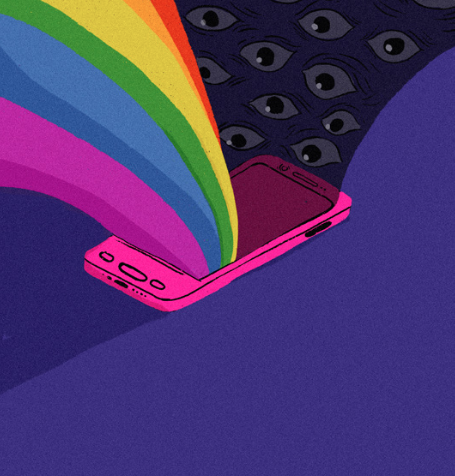
“Somebody who is queer… Inadvertently got outed within the family when somebody else picked up [answered] their phone and now that has led to a lot of complications in the family.”
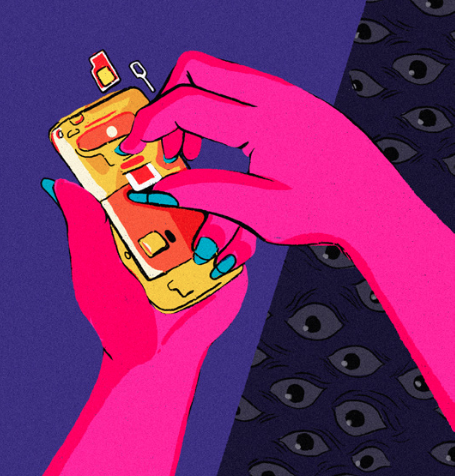
“Sex workers usually have a separate SIM card for their professional use… They take out the SIM and hide it every evening… So you [sex workers] could live in a household where people know that you [they] are earning somehow, but people don’t quite know how you [they] are earning… And it’s never been revealed… The truth is that sex work is highly stigmatised… There is a fear of loss of business. Basically, they cannot function because of the lack of privacy… So, we are seeing these kinds of cases also where online/offline privacy is criss-crossing with each other.”
Translated From Hindi
Page 3 Ranjit Kaur
All India ASHA Worker and Facilitators Union
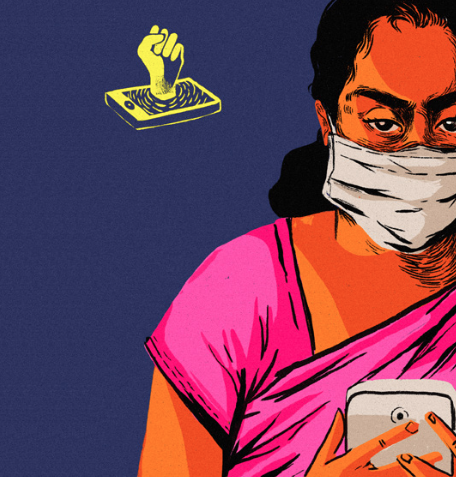
“ASHA workers protested in every district in Ludhiana… Actually, the Punjab government has launched an app, Ghar Ghar Nigrani, the data has to be done online by ASHA workers. They [Government] have to pay Rs 4 per person [for data entry]. This app was launched in June, suddenly…”
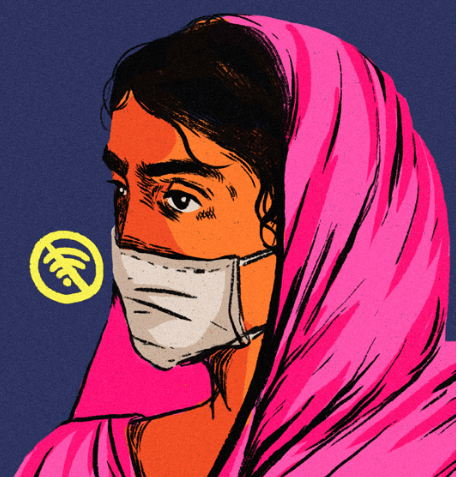
“There are many ASHA workers who do not have mobiles… They cannot even recharge their net packs. So we protested that the government would either give net pack recharge and mobiles to the ASHA or increase the incentive from Rs 4 to Rs 30 or 20.”
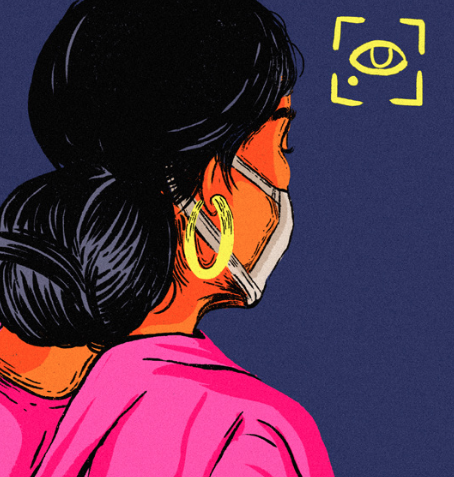
“The Punjab government asked ASHA workers to download it. ‘If an ASHA worker does not have her own mobile, then she should take her husband’s or her child’s mobile…”
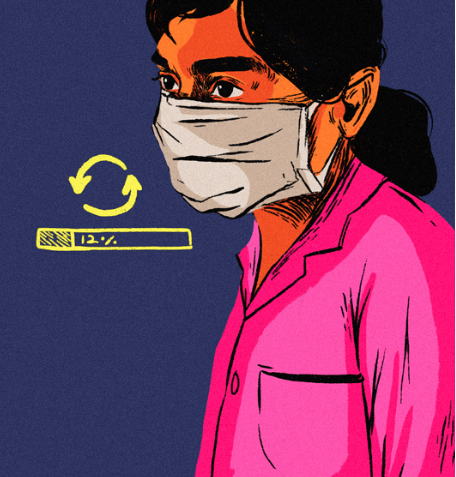
“The app is also not working well. Some people are not able to download it… If it is getting downloaded, then it is not opening. If it is opening, then registration is not getting done. It shows the webpage is not available, there are too many problems. The app that the government has created is not easy for an ASHA… No one can type that fast. It will take 15 – 20 minutes for an ASHA worker to log one person’s information.”
Translated From Hindi
Page 4 Manju Rajput, Drishti Agarwal
Aajeevika Bureau
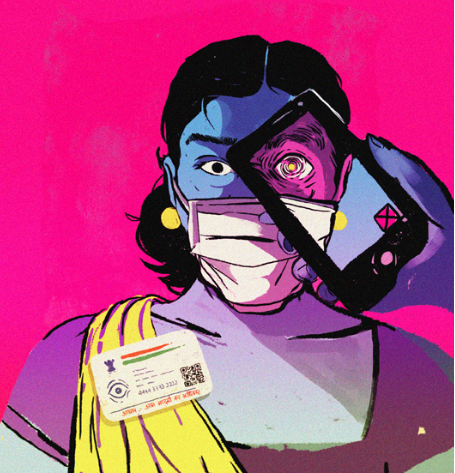
“Until recently, it was very important to link your mobile number to Aadhaar. Those who could not link their number with Aadhaar are not getting updates if money has been deposited to their bank account.”
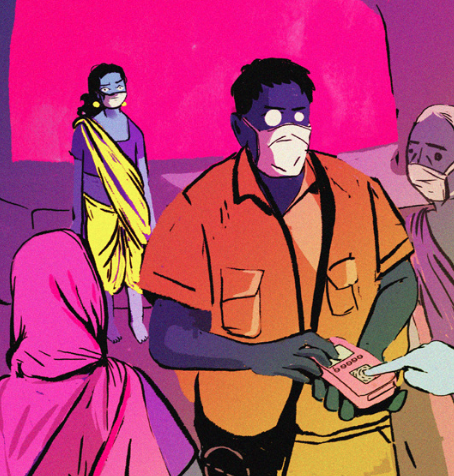
“E‑Mitra [service kiosk] [and] the bank’s representative who comes to the villages and gives money from the POS machine, they never provide all the details of the account, [they] do not tell the account balance… or how much money is there in the account…They say, ‘ you tell me how much you want to withdraw and go away from here…”
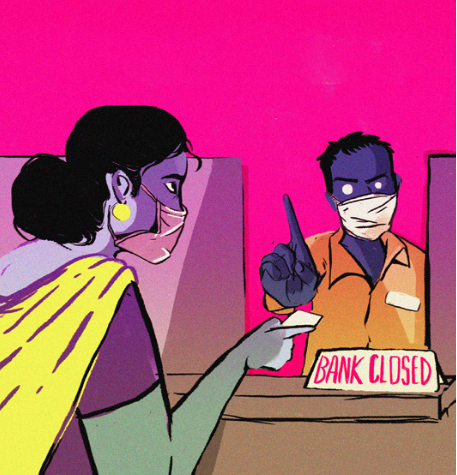
“Bank persons always say, ‘why should these people know all this, what will they do finding out their transaction history?’ All the people we spoke to said this was essential information for them, that they wanted to know… The statement services in the bank have halted since the last 2 – 3 months, the entry in the bank diary has stopped, and the entire process is closed.… The excuse is that there is a risk of infection due to coronavirus… But financial information is very important… This service has not stopped anywhere in the main cities… But in villages, in remote areas, it has stopped.”
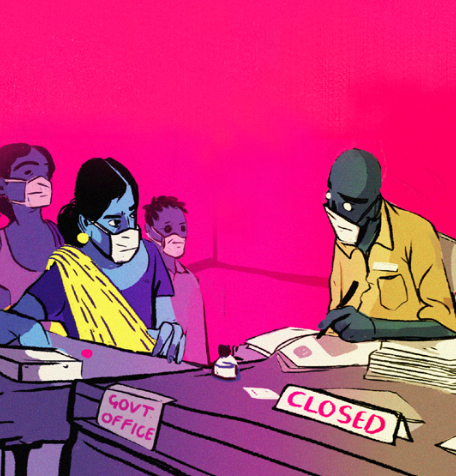
“People whose mobile number is linked to their Aadhaar, they get the message… But not everyone is getting that information…
People do not know about [government] schemes, they do not know how much money is being received in COVID relief. If someone is eligible in 3 – 4 categories… They do not know which category the money is coming in and which it is not coming in… And it is also not clear which ministry is disbursing the money… The secrecy has been maintained. If the money does not come, then whom will they go to and advocate or demand… There is no transparency at all.”
Translated From Hindi
Page 5 Raina Roy
Samabhabona
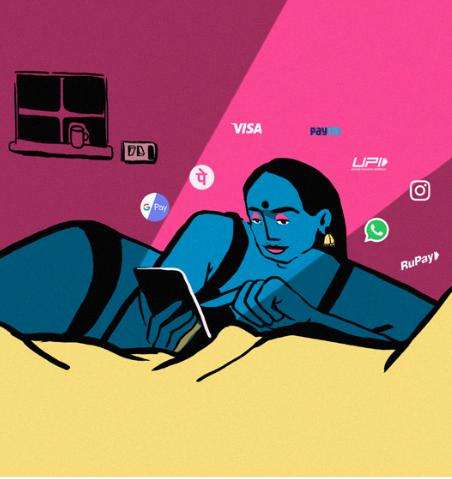
“There are several sections within the sex workers community. There are some sex workers who are earning a lot and who are technologically [knowledgeable]… They can do a video call and [use] Paytm.”
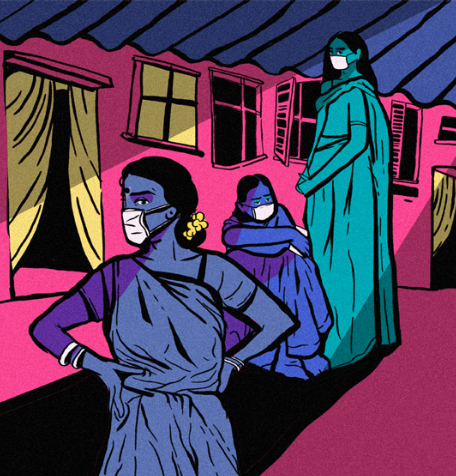
“Most of the members of communities of the sex workers are standing on the road… They are in a really sad state… and I don’t know when they will again start their work and all so the situation is pathetic for the trans sex workers, migrant trans labour, bar dancers, trans beggars etc…”
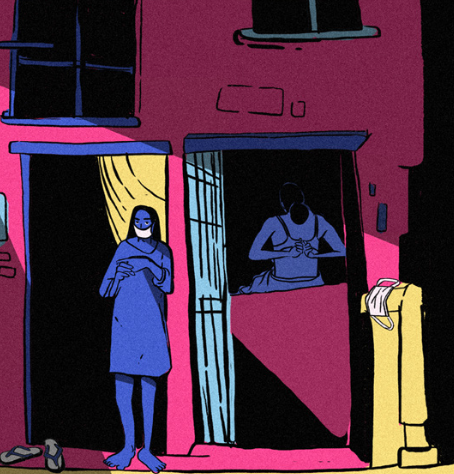
“There is… social distancing and sanitisers… caps and… goggles and all this stuff and I don’t even know how possible [all this] is for the trans community… We have no idea how many days we can survive like this.”
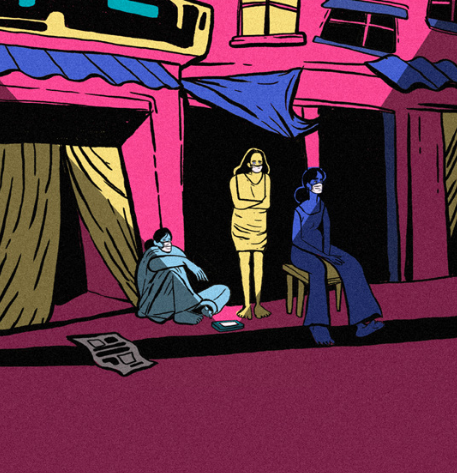
“Is the technological development for mankind? Or [is] the technological development for the few people who have some ability and who get some systematic privilege?”
Page 6 Salma *
Nurse and a Muslim woman
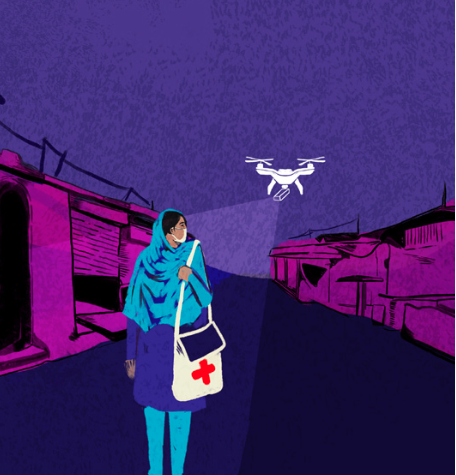
“Lockdown was imposed so suddenly that we were in big trouble… We are facing a lot of issues in the area where we live on rent… People do not have essential supplies at home… Some people do not have vegetables, others do not have oil… If someone is unwell then they are not getting medicines. If people tried to go out, there was drone surveillance. People were so fearful that they went back home. Suddenly I got a phone call, “Sister, we are having a baby, labour has begun unexpectedly.” So I had to go stealthily. I am a nurse. It’s my duty to save lives.”
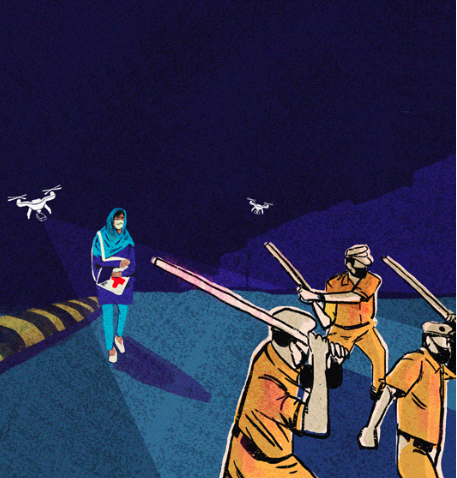
“Our street was so sealed off that people were scared to peep out of their windows. At every step, there were police present, and drones were being flown overhead constantly. From 10 am in the morning till 11 – 12 pm at night. Police were also beating up people using batons and sticks. They beat up a woman, I saw it myself… It’s not written anywhere that I am going for work. That’s why we were afraid. But because of the profession I am in, I cannot ignore my duty. So I took God’s name and left…”
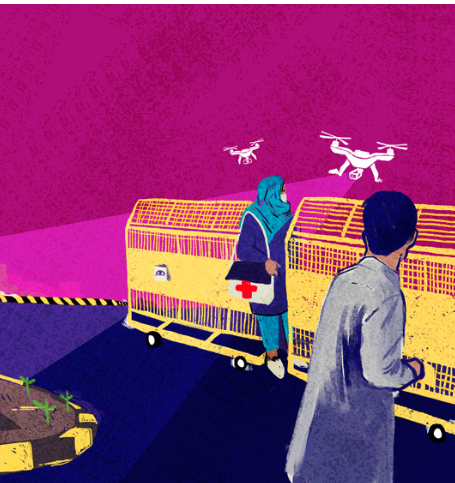
“A drone was keeping an eye on us, the police force was also there dispersing people using batons… It was around 8 pm or so when I got that phone call… So we went to the end of the street, where the blockade was, [the patient’s family members] came till there, moved the barricade a little, just enough so one person could pass through, I crouched and somehow crossed to the other side.”
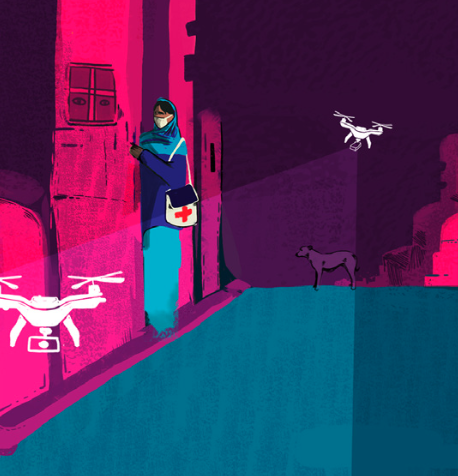
“I completed the work I went for, and they left me back where they had picked me up from. The drone was constantly flying, it didn’t stop even for a bit… We kept some distance [between each other] while walking. [The phone call] came at night, the street lights were off, so we took advantage of that and walked close to the walls of the houses.”
*Name changed as per request
Translated From Hindi
Page 7 Shaik Salauddin
Indian Federation Of App Based Transport Workers
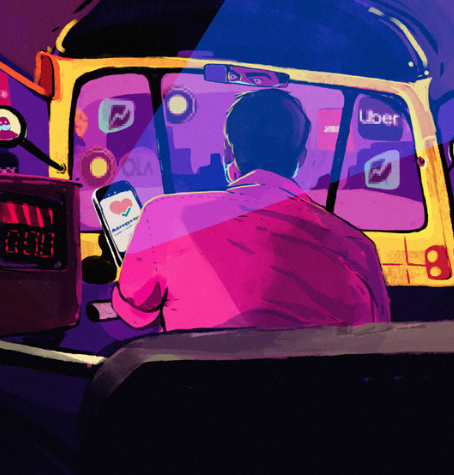
“Companies, like Ola, Uber, Dunzo etc., why don’t they integrate Aarogya Setu in their own app’s software? [If] for example, I have… the Uber app, I am the Uber CEO. I can integrate Aarogya Setu in my app, I can do that, right? Why is the company not doing it? Because its data will get stolen.”
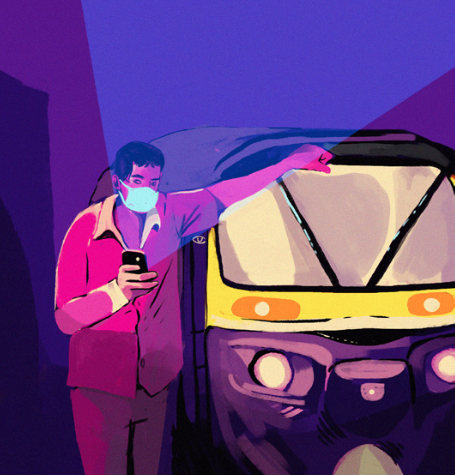
“You don’t want your data to get stolen but the driver’s data is bound to get stolen. Rich people do not have the Aarogya Setu app. Even less people who belong to the middle class have it. Only the ‘lower category’ people, ‘third class’ citizens, who are daily wage earners… they have it… The richest do not use it. Don’t they know about the app? Do they not trust the app? Do they have a fear that their data will get stolen? Do they think that the app will reveal who they are meeting, mingling, or travelling with?”
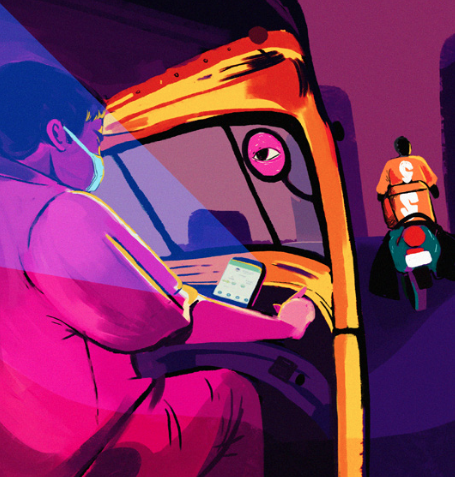
“You made an app, it’s a private app. I do not have any trust in that app. It should be my wish and not the company’s [to download it]. If it’s the company’s wish, then they should integrate it into their own app… Why don’t you [they] do that? Because the company’s data will get stolen. If the company is worried about the drivers and the delivery boys, then let me know: how many drivers were given N‑95 masks? How many were given gloves from the company? How many drivers got a protection sheet installed in their vehicles by the company?”
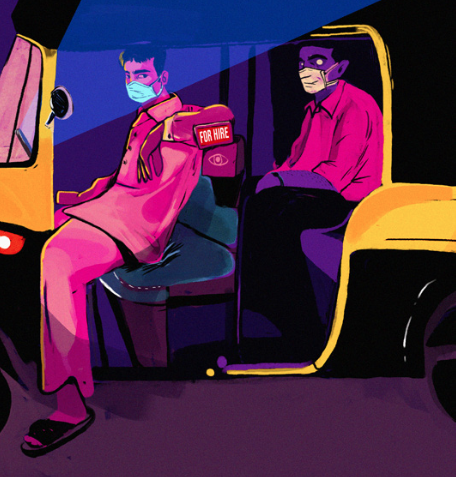
“You tell me, if a passenger enters my car, they don’t have the Aarogya Setu app, how will I know whether they are [COVID-19] negative or positive?”
Translated From Hindi
Page 8 Salim *
Businessman and a Kashmiri Muslim
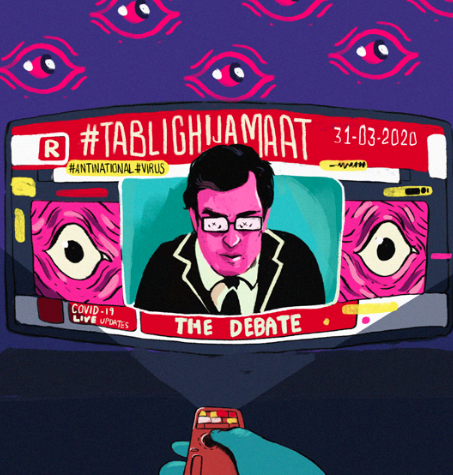
“I didn’t know what happened. There was some issue with Tablighi, that there is COVID in the Nizamuddin area [in Delhi] or something. So the government probably pulled data from the phone network to know which Kashmiri numbers were present near Nizamuddin area between 13th and 15th of March… I didn’t go to Nizamuddin but I was in Lajpat Nagar. I don’t know how this happened to me.”
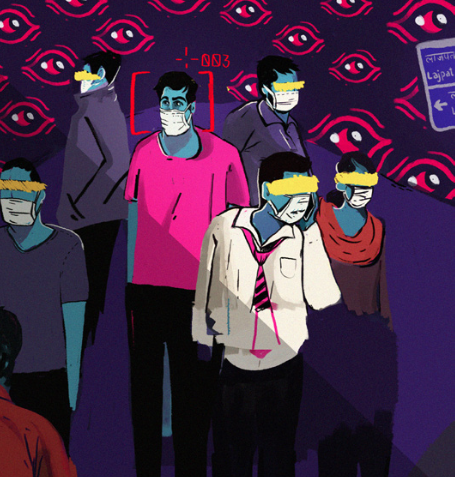
“My name was on a list with almost 850 other people. I didn’t even know my name was on it, somebody told me that ‘your name is also there on the list’. So, I was puzzled, that even if my name was there, how did it become public? They should have called me and told me that ‘you are on the list, are you okay’? They did eventually, but after they made the list public.”
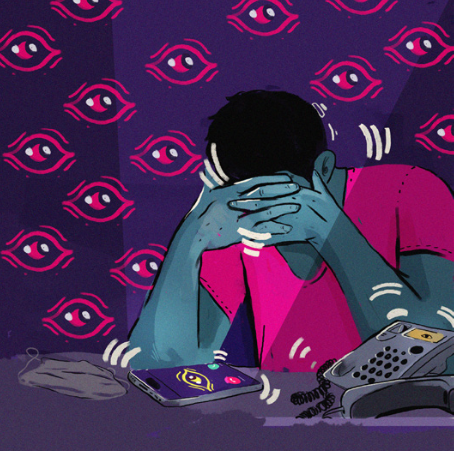
“There were calls everyday… It started with ‘Are you okay? Are you experiencing any symptoms?’ Then, ‘are you okay? You will have to be quarantined’ even after the 15 days period… It was kind of like, they were doing this like it was a witch hunt, it was not done in like a sophisticated or professional way, the way it is supposed to be… They asked for my travel history, mode of travel…”
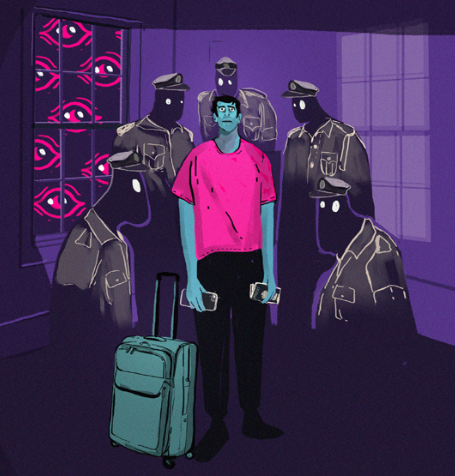
“Once there was a call from a CID officer, he asked for my passport number… I think they kept a watch on me… They are keeping an eye on me, I felt… They can stop me from foreign travel, they can stop me from going anywhere… If they have a database, they can find me.”
*Name changed as per request Translated From Hindi & English mixed language
Page 9 Nikita Sonavane and Ameya Bokil
Criminal Justice and Accountability Project
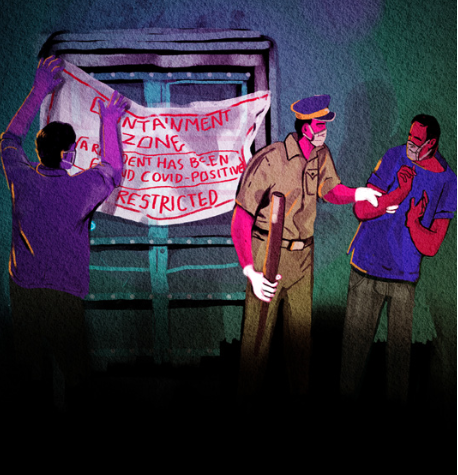
“Surveillance also seems antithetical to the idea of care in itself… Especially through the system of policing… A lot of people have spoken about community policing and I think, it’s something they think that merges the two ideas of performing policing functions [and] instilling and imbibing the value of care. But… We don’t think that it’s something that can happen through the policing system at all.”
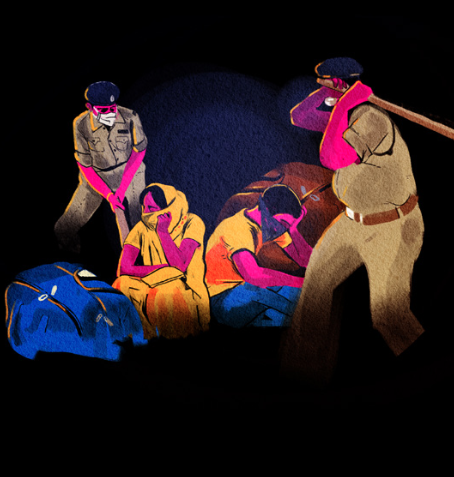
“Just the fact that we are also using the term policing implies that there is a certain amount of violence that is ingrained in that function and just generally the way that the policing in India is structured, a system that is systematically used to target marginalized communities…”
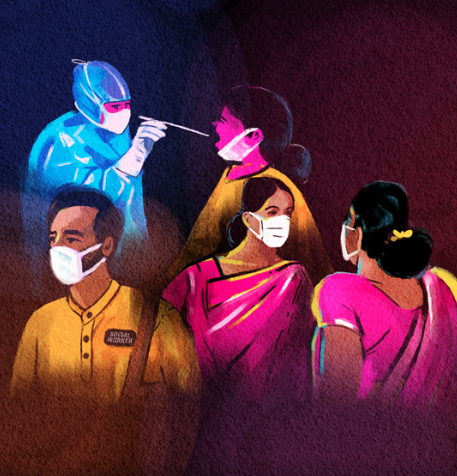
“I mean, of course, it’s easier to build that relationship of trust with the state or any kind of state machinery that is operating or that is rooted in the ethos of social welfare. And that is something that Kerala has done… I think because they are not looking at the police as this… stop-gap arrangement and there is that… separation of roles which also allows for things to function better.”
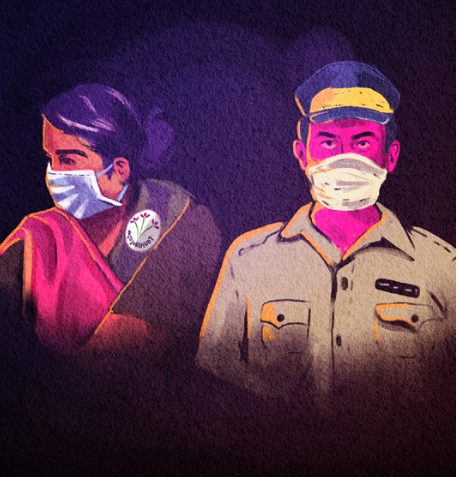
“Because, if the same body that is required to maintain “law and order” and discharge all other functions in the roles of healthcare, service providers, social workers, so on and so forth, then there are bound to be problems.”
We express our gratitude to Bishakha Datta, Ranjit Kaur, Manju Rajput and Drishti Agarwal, Raina Roy, Salma, Shaik Salauddin, Salim, and Nikita Sonavane and Ameya Bokil for sharing their insights and experiences with us. Without them, this Zine would not have been possible.
- Art and Design: Harmeet Rahal
- Development: Shraddha Mahilkar and Devashree Somani
- Interviews: Radhika Radhakrishnan
*Name changed as per request